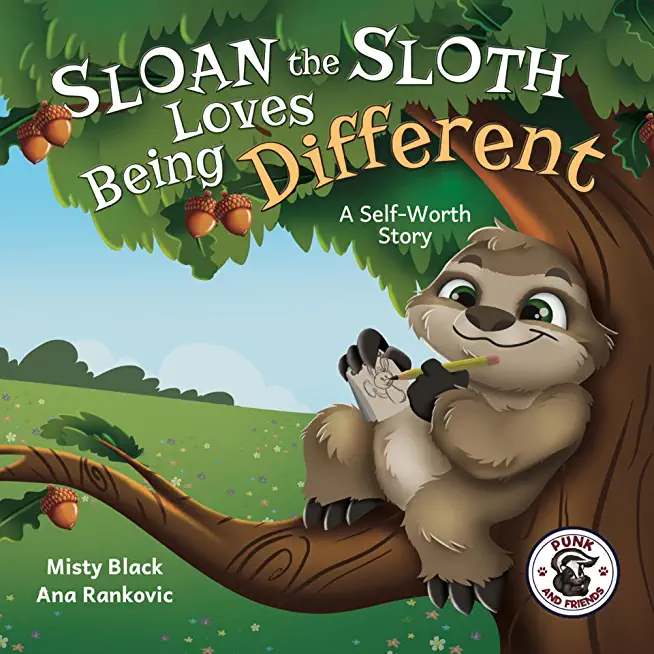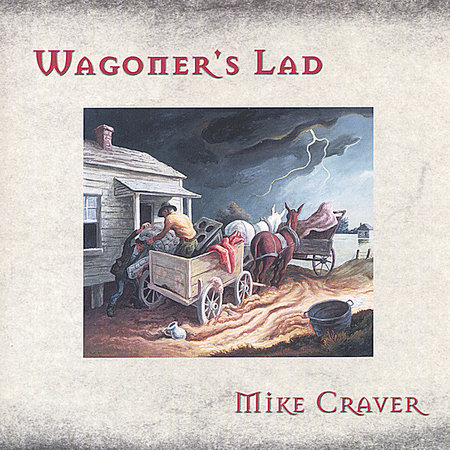
description
ay lives, yet it can be dangerous. Without trusting others, we cannot function in society, or even stay alive for very long, but being overly trustful can leave us open to exploitation and abuse. And not only is trust pragmatic, but it also has a moral dimension: trustworthiness is a virtue, and well-placed trust benefits us all. In this Very Short Introduction, philosopher Katherine Hawley explores the key ideas about trust and distrust. Drawing on a wide range of disciplines, including philosophy, psychology, and evolutionary biology, she emphasizes the nature and importance of trusting and being trusted, from our intimate bonds with significant others to our relationship with the state. Considering questions such as "Why do we value trust?" and "Why do we want to be trusted rather than distrusted?" Hawley illuminates the importance of trust in the personal and public spheres. Moreover, she draws on a range of research to show how trust stands at the center of many disciplines, including biology, psychology, and game theory. The book also examines the evolutionary aspects of trust.
member goods
No member items were found under this heading.
listens & views

101 RECORDS INC. PRESENT / ...
by 101 RECORDS INC. PRESENT / VARIOUS
COMPACT DISCout of stock
$9.75
Return Policy
All sales are final
Shipping
No special shipping considerations available.
Shipping fees determined at checkout.






